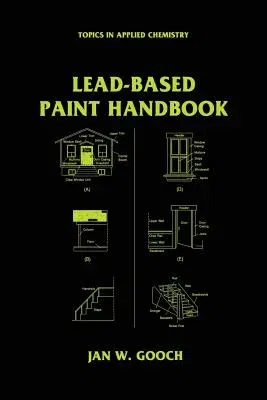Lead-based paint has become a national issue and will continue to be a
hi- priority focus ofnational, state, and local agencies until there is
no lead-based paint in the United States. Lead-based paint has become a
tremendous health hazard for people and animals. Lead-based paint has
been in widespread use throughout Europe and the United States. Lead has
been known to be a health hazard since the time ofPliny the Elder (A. D.
23-79), but it was deemed that the advantages of lead in paint
outweighed the health hazards. There has been a change in outlook, and
in 1973 the U. S. Congress banned all lead paint from residential
structures. A voluminous number of law suits have been initiated since,
and continue to be litigated with the purpose of determining the parties
responsible for the lead poisoning of children and others and to exact
the indemnities. Lead-based paint is still authorized for use on bridges
and nonresidential structures, and thousands of city, state, military,
and federal government housing projects still contain lead-based paint.
This paint must be removed if these dwellings are to be safe living
quarters, especially for children. Aba- ment techniques continue to be
evaluated; some have been used successfully. Lead-based paint abatement
will continue into the next century, and it is hoped that this
comprehensive volume will serve as a guide for those seriously
interested in this important subject.


